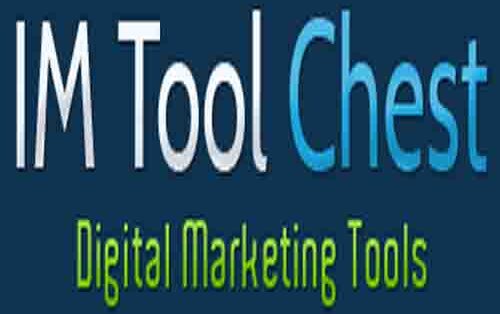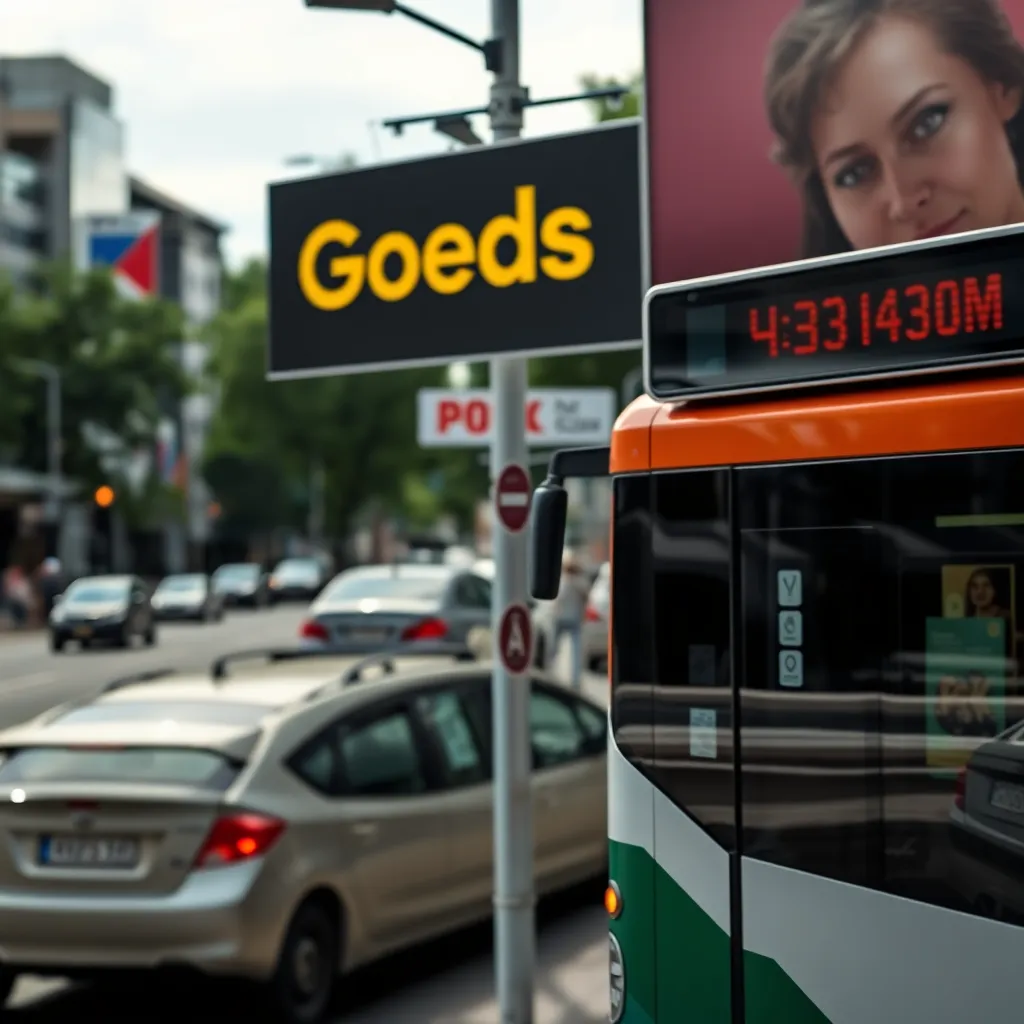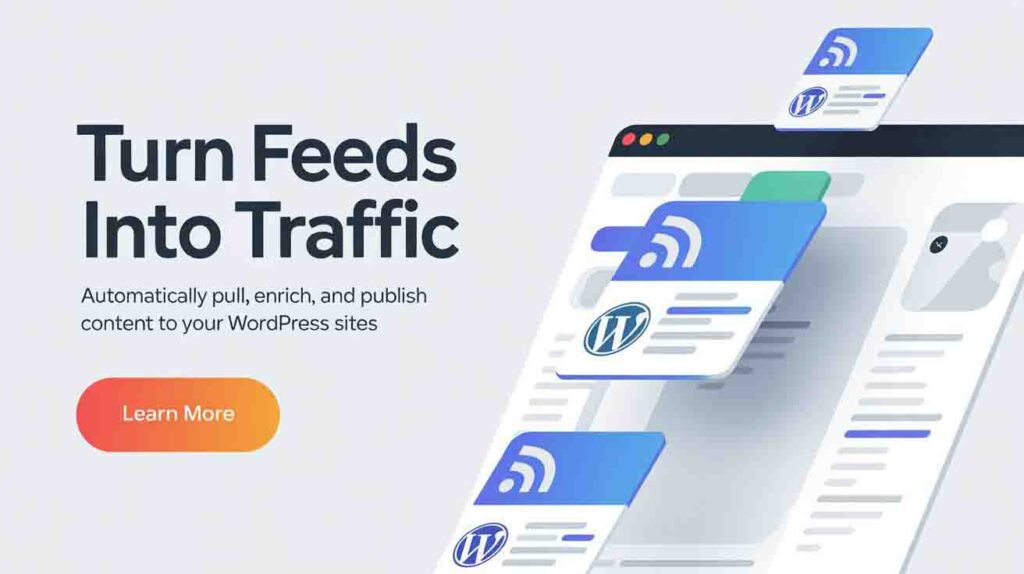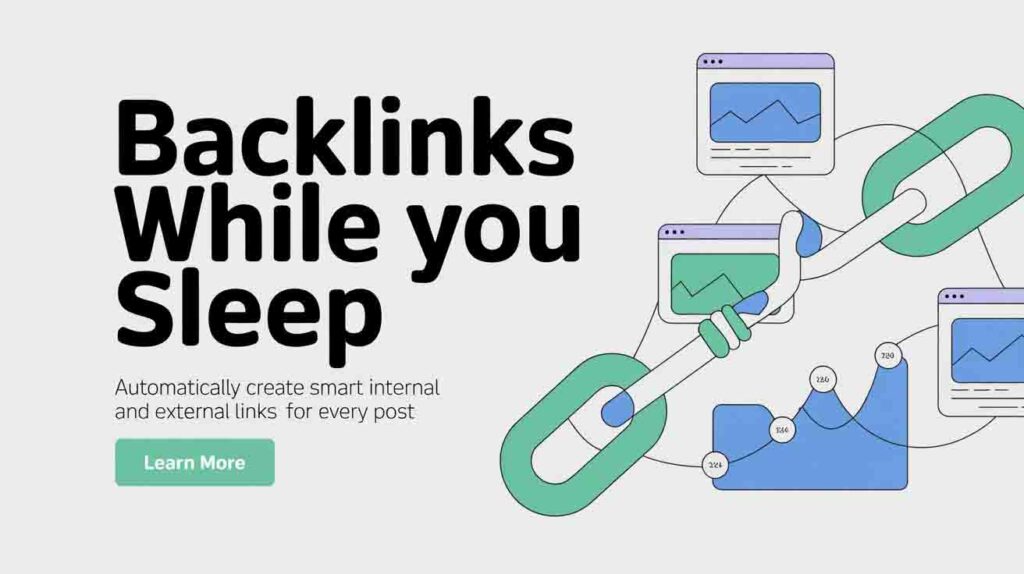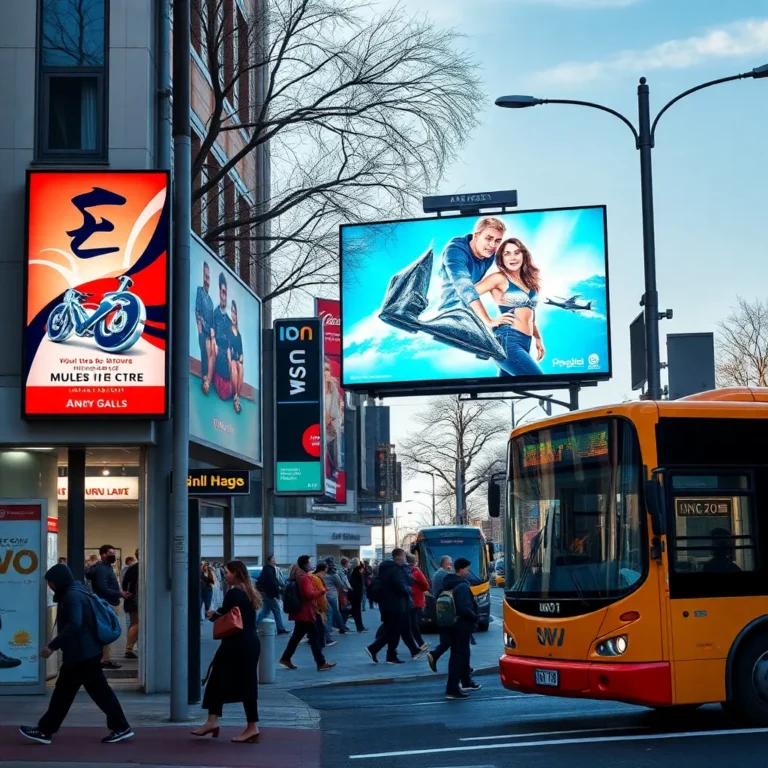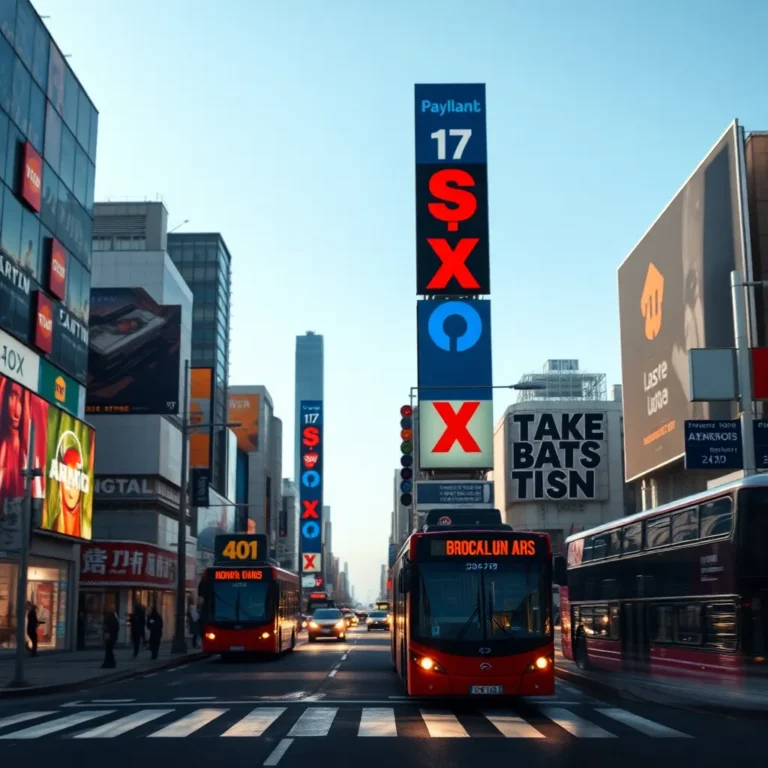Google Ads: 25 Years of PPC to AI-Powered Marketing Evolution
Google Ads, initially launched as AdWords, has undergone a profound transformation over its 25-year history, evolving from a straightforward pay-per-click (PPC) mechanism into a sophisticated, AI-driven marketing ecosystem. In its nascent stages, Google Ads primarily functioned as a keyword-centric bidding platform, allowing advertisers to target specific search queries with text ads and measure immediate ROI. This era offered simplicity and direct control, where marketers manually managed bids, keywords, and ad copy, making it accessible for businesses to appear prominently in search results.
The significant shift began with the integration of advanced machine learning and artificial intelligence. This evolution introduced features like Smart Bidding, which automates bid adjustments based on real-time data to achieve specific campaign goals (e.g., conversions, conversion value). Benefits include vastly improved efficiency, enhanced audience targeting capabilities beyond simple keywords—encompassing demographics, interests, and user intent—and sophisticated campaign optimization that was previously impossible. AI now drives dynamic ad creation, predicts performance, and identifies new opportunities, enabling marketers to manage complex campaigns with greater precision and scale. Performance Max campaigns exemplify this, utilizing AI across all Google channels to find converting customers.
However, this evolution also presents new challenges and risks. The increased reliance on automation can sometimes lead to a “black box” effect, where the exact reasons behind AI-driven decisions are not always transparent, potentially reducing marketer control. Data privacy concerns intensify as AI systems require vast amounts of user data for effective targeting and optimization. Marketers must now adapt their skill sets, shifting from granular manual management to strategic oversight, data interpretation, and understanding AI's capabilities and limitations. The complexity of the modern platform demands continuous learning, and there's a risk of over-reliance on automated recommendations without critical human review. Despite these complexities, Google Ads remains a dominant force, continually reshaping the digital advertising landscape.
(Source: https://www.searchenginejournal.com/25-years-of-google-ads-was-it-better-then-or-now/559367/)
